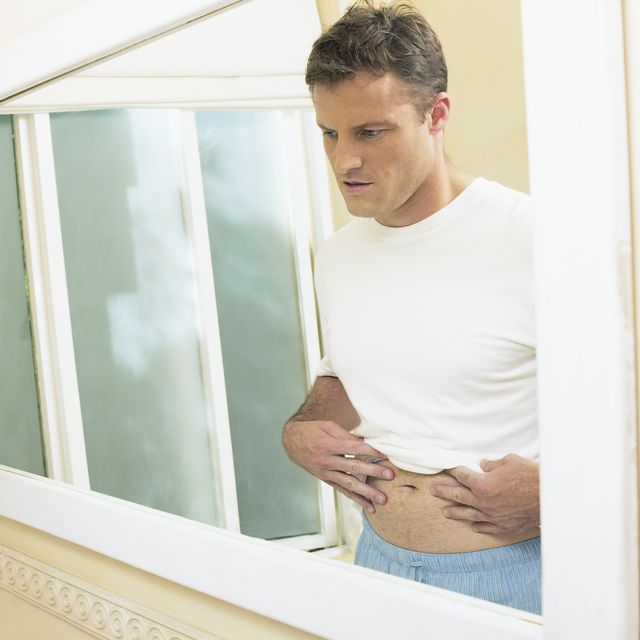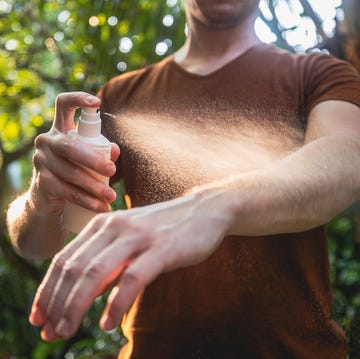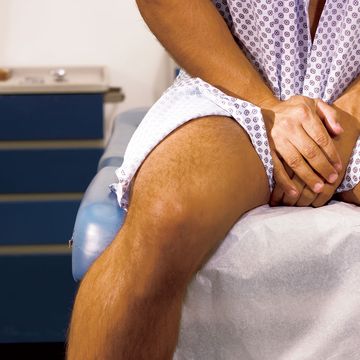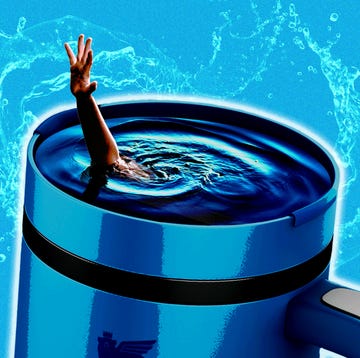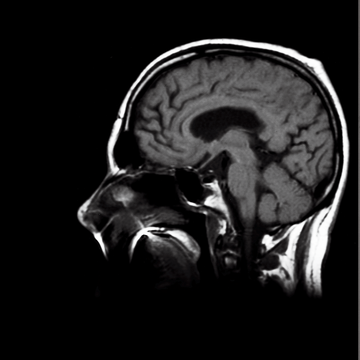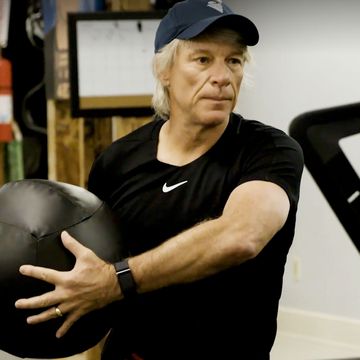What's up with that puffiness around your midsection? Your first inclination might be to blow it off as weight gain, especially if you’re coming off the holidays or have been getting in less exercise than you’re used to (see additional common causes of weight gain here). But if the number on the scale has been fluctuating rather than steadily increasing, and you’re dealing with other physical symptoms on top of it, you may simply be experiencing bloating, and the good news is that you can take steps to remedy that.
According to Andrew Boxer, MD, a gastroenterologist at Gastroenterology Associates of New Jersey and assistant professor of medicine at Hackensack Meridian School of Medicine at Seton Hall University, bloating involves a rapid feeling of abdominal distention, or enlargement, which later improves. This is typically due to trapped gas or fluid. The distended feeling can ebb and flow throughout the day.
Bloating is often caused by other physical ailments such as constipation and dehydration, which. If you notice that the puffy stomach and clothes-don't-fit-feeling go down after a while, you’re likely dealing with bloating.
“Sometimes bloating and weight gain can have similar signs and symptoms but are quite different–oftentimes weight gain is a slow and steady progression,” he says. “One of the most common causes of bloating is constipation, so if you find rapid relief with something like a bowel movement, this is often from bloating and not weight gain,” he says. (There are ways to make yourself poop; here's our best list.)
If constipation is something you’re regularly dealing with, Dr. Boxer recommends increasing your fiber intake in your diet, as well as exercising regularly and drinking more water throughout the day. Fiber supplements and over-the-counter laxatives may help as well. If your bloat symptoms are also accompanied by frequent gas, this may be triggered by too much fiber or dairy products in your diet. Slowing down your eating and limiting processed foods may prove helpful as well.
“Many times, bloating can be food-related and eating a low FODMAP diet (which reduces hard-to-digest carbs) can help with gas and bloating,” he says. “The gut microbiome (i.e. the collection of naturally occurring bacteria, fungi and other microbes) can sometimes be [affected] as well, so trying foods rich in probiotics or an over-the-counter probiotic pill can also be helpful.”
Finally, while bloating on its own is often more annoying than serious, it’s important to watch for digestive symptoms that may signal a need to see your doctor to rule out gastrointestinal conditions like irritable bowel syndrome or inflammatory bowel diseases like Crohn’s disease or ulcerative colitis, as well as eliminate the possibility of colon cancer.
“See your doctor if you experience new or sudden changes such as nausea, vomiting, abdominal pain, fever, or blood in the stool,” Dr. Boxer says. “I would also be concerned there is new swelling or fluid retention that has been going on for a few weeks, or getting worse with no improvements, which would signal a need to see a doctor as well.”
